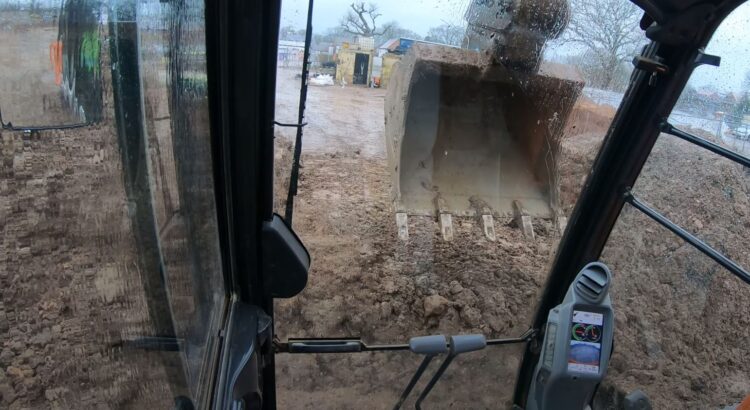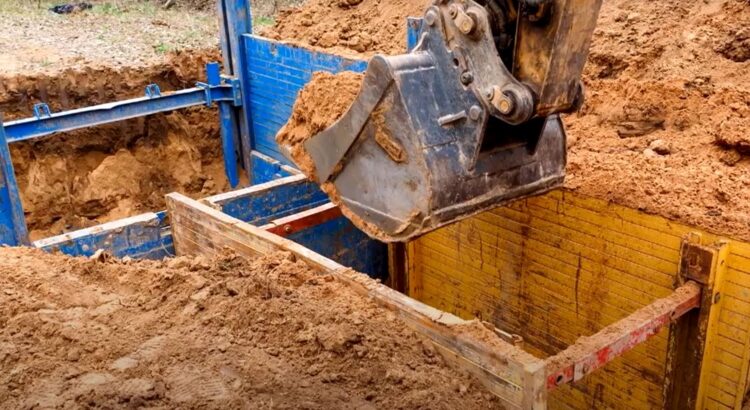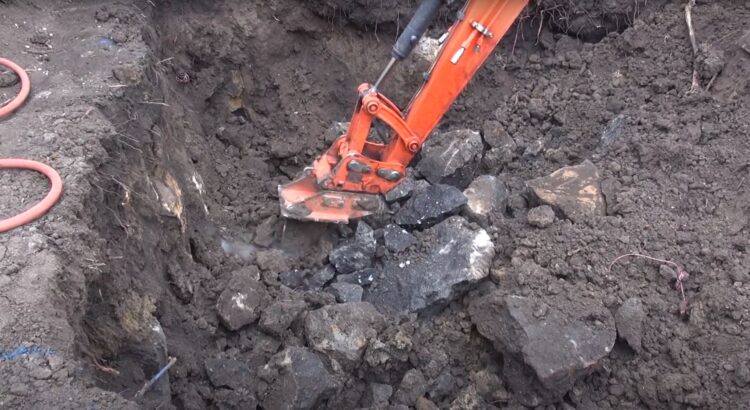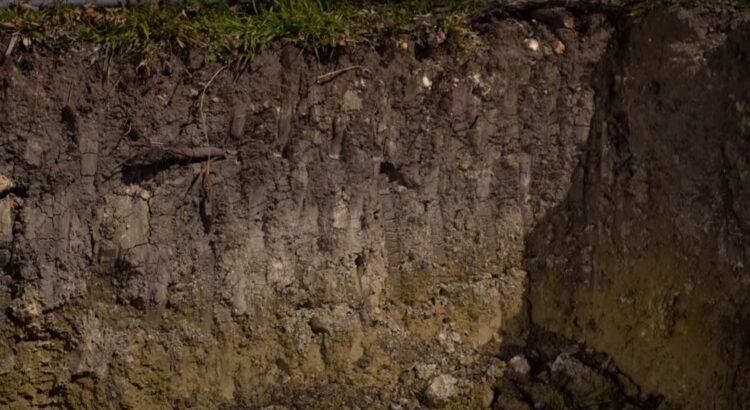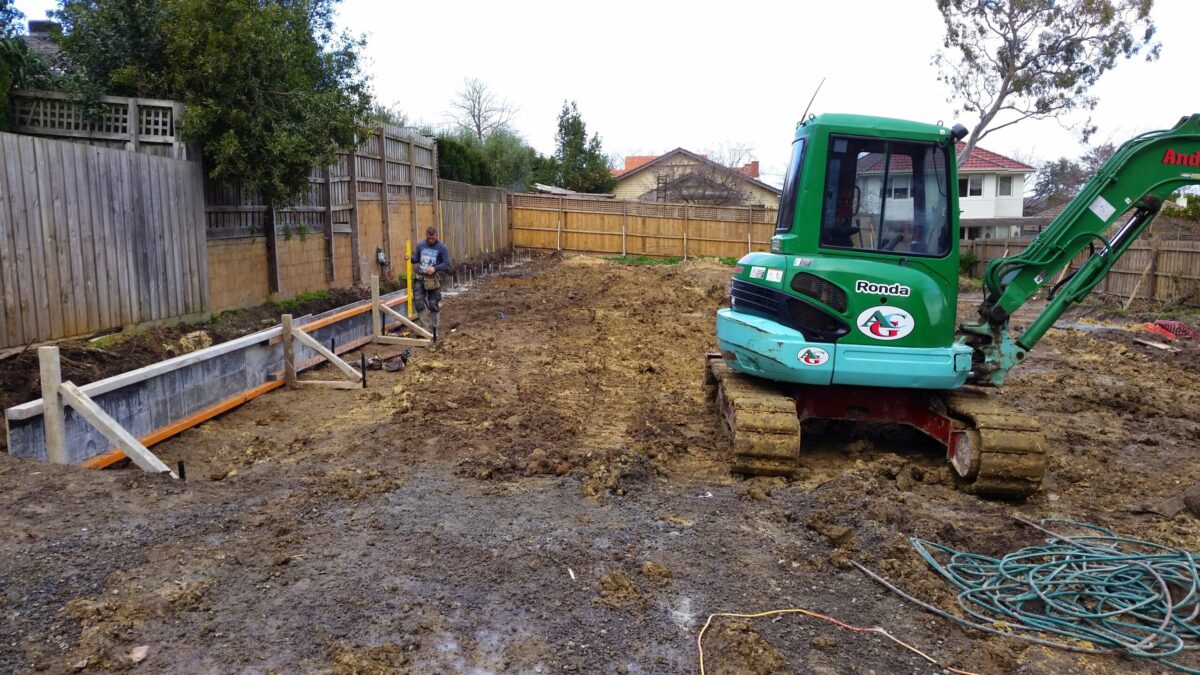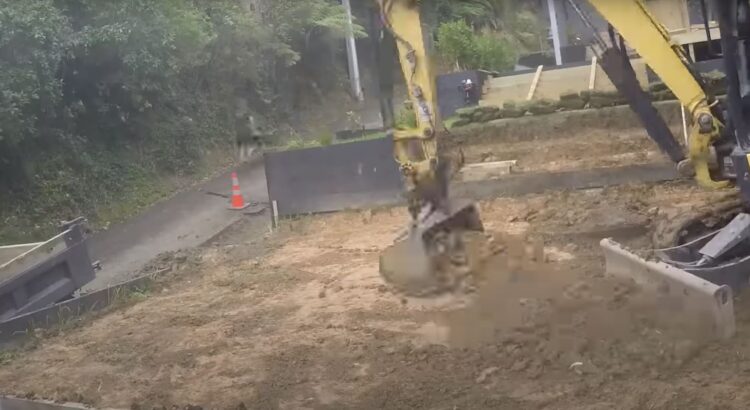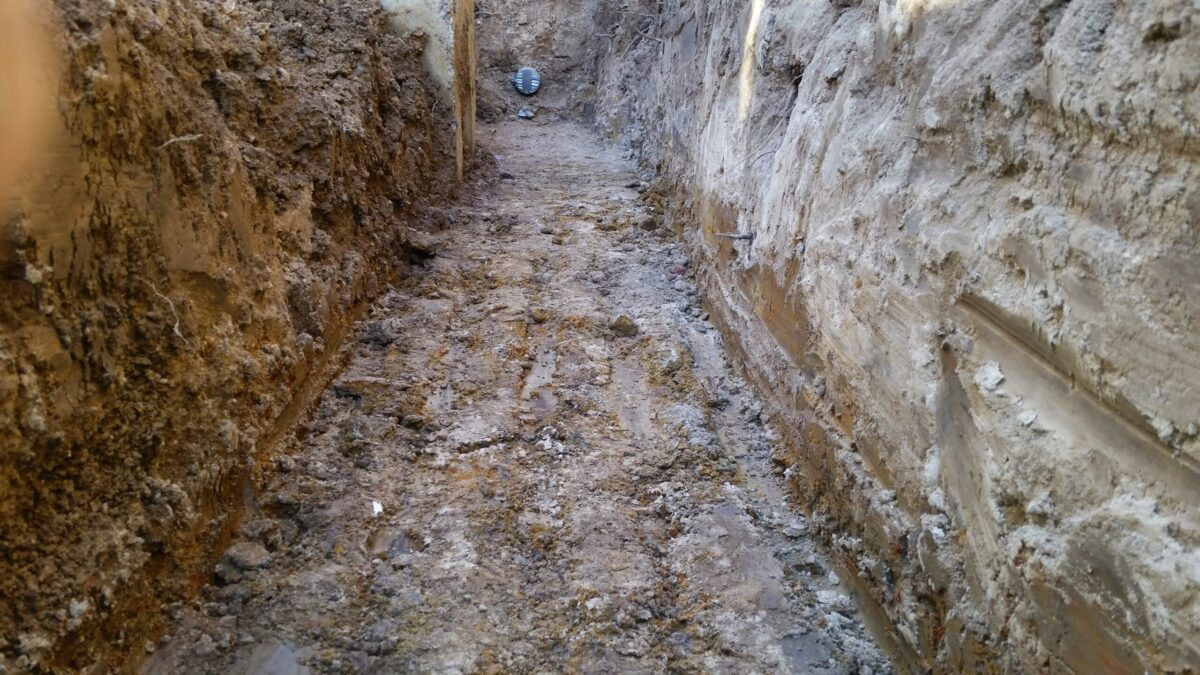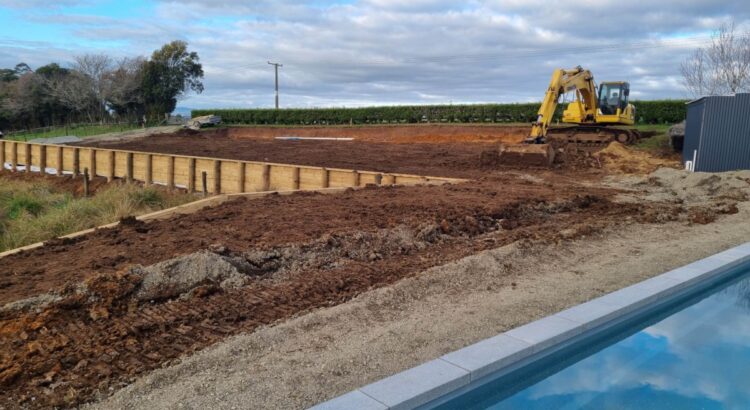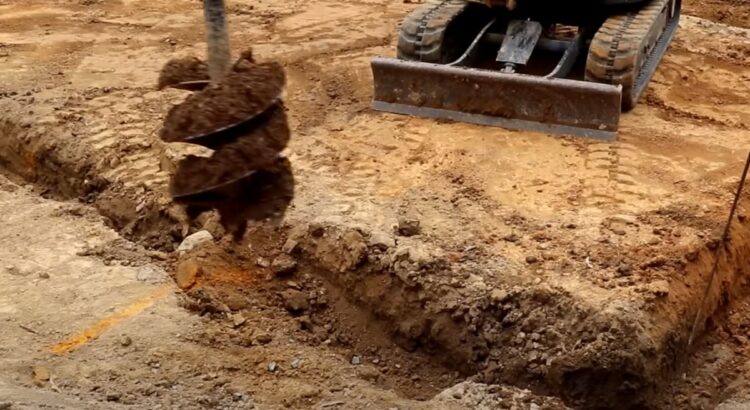Excavation in Auckland: Timing, Terrain, and Tumultuous Weather
Weather Impacts on Excavation
Engaging in excavation during heavy rainfall or stormy conditions is a complex decision, dictated by safety, soil stability, and project timelines. Notably, waterlogged ground can be unstable and prone to collapse, increasing the risk for workers. Additionally, the excess water can cause equipment to become stuck or ineffective.
Auckland’s Unique Terrain: Basalt Rock
Auckland’s unique geological character, especially the presence of basalt rock, poses challenges for excavation. Basalt is a hard, dense rock formed from volcanic activity, which requires more potent equipment and techniques. The presence of this rock type can significantly influence excavation strategies, especially when water is involved, making wet conditions even more challenging.
Suburb Specifics: Balmoral and Parnell
Suburbs such as Balmoral, with its mixed soil composition, might react differently to rainfall compared to Parnell, which has a history of underlying basalt rock structures. These geographical nuances can impact the price of excavation, given the varying effort and tools required for each terrain.
Environmental Considerations
Beyond the immediate excavation concerns, the environmental implications of digging during heavy rainfall are significant. Potential issues include:
- Soil Erosion: Rapid water flow can wash away valuable topsoil.
- Contaminated Runoff: Disturbed soils can pollute local waterways, harming aquatic ecosystems.
- Altered Drainage Patterns: Improper excavation can lead to long-term changes in local water flow, affecting neighbouring properties and ecosystems.
Auckland’s Pricing Guide for Excavation Services
| Service | Cost | Pricing Metric |
| Basic Soil Excavation | $75-$150/m³ | Per cubic metre |
| Basalt Rock Excavation | $225-$375/m³ | Per cubic metre |
| Detailed Site Prep | $3000-$6000/site | Per site |
| Retaining Wall Construction | $375-$675/m² | Per square metre |
Health and Safety in Auckland’s Excavations
The Health and Safety at Work Act places a high responsibility on Auckland contractors to ensure safety during excavation processes, particularly during adverse weather conditions. Protective measures, like shoring or trench boxes, become even more critical in such scenarios to prevent cave-ins.
Council Bylaws: Guiding Excavation Works
Auckland Council’s Unitary Plan provides specific guidelines for excavation. Depending on the specific area within the region, bylaws might dictate:
- Maximum allowable depths for excavation
- Proximity to neighbouring properties or public infrastructure
- Requirements for sediment control, especially relevant during rainy conditions.
Certain suburbs, under specific regional council jurisdictions, might have additional or varied rules. Always refer to the specific codes relevant to the excavation site.
In Summary
While Auckland’s variable terrain and weather pose challenges, understanding the intricacies of the local environment, regulations, and associated costs can guide informed excavation decisions. Safety, environmental concerns, and project specifics intertwine, necessitating comprehensive knowledge and expert guidance for successful outcomes
Frequently Asked Questions about Excavation in Auckland
Why is Auckland’s basalt rock challenging for excavation?
Basalt rock is dense and hard, formed from volcanic activity, requiring more potent equipment and expertise to excavate efficiently.
How does heavy rainfall affect the excavation process?
Heavy rainfall can render the ground unstable, increasing the risk of collapse and potentially causing equipment to become stuck.
Can I excavate during a storm?
While technically possible, it’s risky due to potential soil instability, increased safety hazards, and potential for delays or damage.
Are costs higher for excavating in challenging terrain?
Yes, areas with harder soil compositions, such as basalt rock, typically incur higher excavation costs.
How do Balmoral and Parnell differ in excavation challenges?
Balmoral’s mixed soil composition can react differently to rainfall, whereas Parnell’s underlying basalt rock structures require specific excavation techniques.
Are there environmental risks associated with excavation during heavy rainfall?
Yes, potential issues include soil erosion, contaminated runoff, and altered drainage patterns that can impact local ecosystems.
What safety measures are essential during wet weather excavation?
Protective measures like shoring, trench boxes, and water pumping are crucial to prevent cave-ins and maintain a safe work environment.
How does Auckland Council regulate excavation projects?
Through the Auckland Council’s Unitary Plan, which provides guidelines on excavation depths, proximity to properties, and sediment control requirements.
Do different suburbs have varied excavation regulations?
Yes, specific regional council jurisdictions may have additional or different rules for excavation based on the suburb’s geological and environmental considerations.
Is the cost of excavation fixed or can it vary during a project?
While initial estimates are provided, costs can vary based on unforeseen challenges, soil conditions, and changes in project scope.
Does excavation always require heavy machinery?
Not always. For smaller projects or areas with space constraints, manual excavation or smaller equipment might be used.
Are deeper excavations more costly than shallow ones?
Typically, yes, due to the increased labour, safety measures, and potential for encountering challenging soil or rock layers.
How do I know if my property in Auckland has basalt rock?
A geological survey or consultation with local excavation experts can help determine the soil composition of a property.
What’s the difference between excavation and trenching?
Excavation refers to any man-made cut, cavity, or depression in the earth’s surface, while trenching specifically involves creating a narrow underground excavation that’s deeper than it is wide.
Can heavy rainfall impact the timeline of my excavation project?
Yes, adverse weather conditions can cause delays due to safety concerns and challenges associated with waterlogged ground.
Why is contaminated runoff a concern during excavation?
Runoff from excavation sites can carry sediments and pollutants that harm aquatic ecosystems and impact water quality.
Is basalt rock excavation more environmentally disruptive?
While the process is more intensive, with proper practices, environmental disruptions can be minimised.
Do I need permits for all types of excavation in Auckland?
While minor projects may not require permits, most significant excavations will need council approval and adherence to local bylaws.
Are there any penalties for not following Auckland’s excavation bylaws?
Yes, penalties can range from fines to work stoppages, depending on the severity of the violation.
Who is responsible for safety during an excavation project?
While the primary responsibility lies with the contractor or company performing the excavation, property owners should ensure they hire reputable and compliant professionals.
